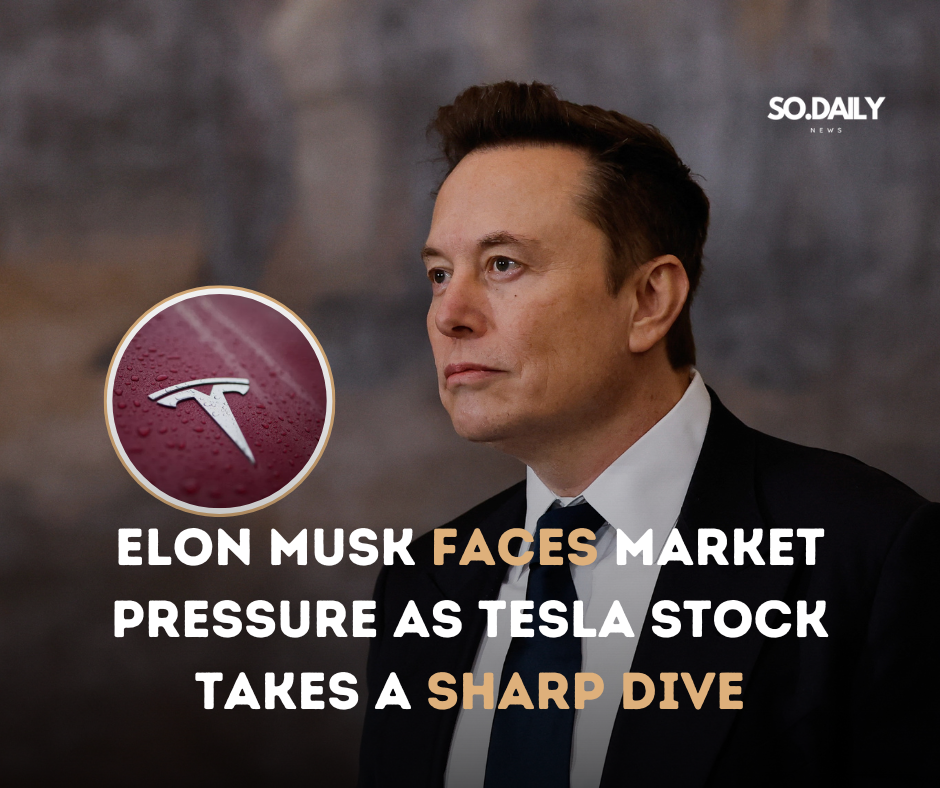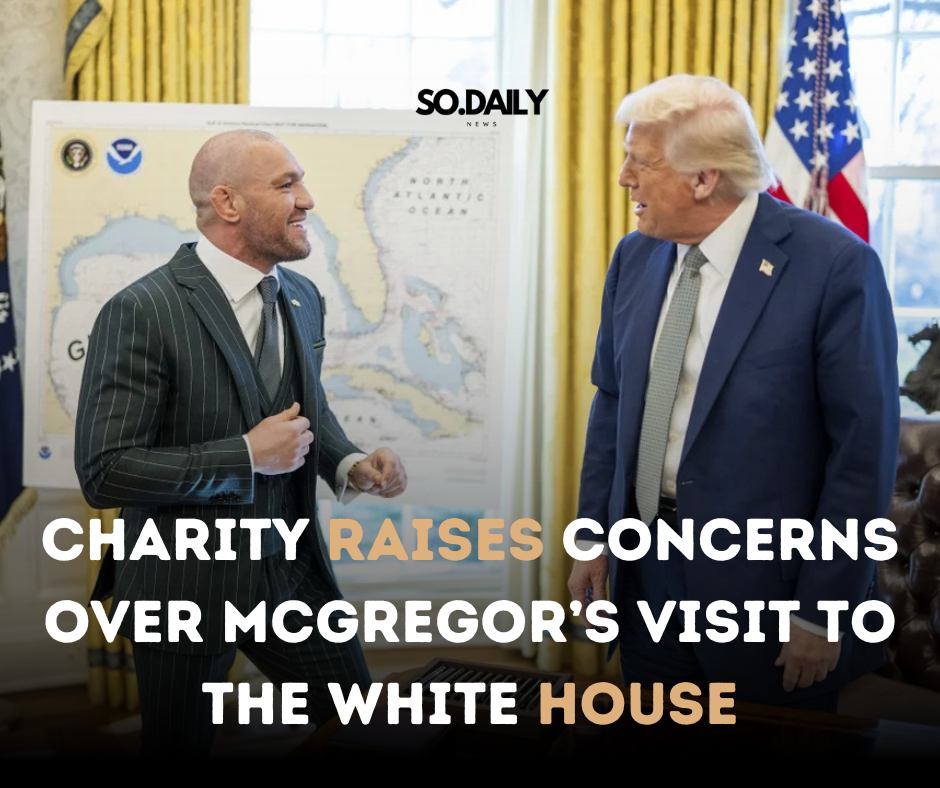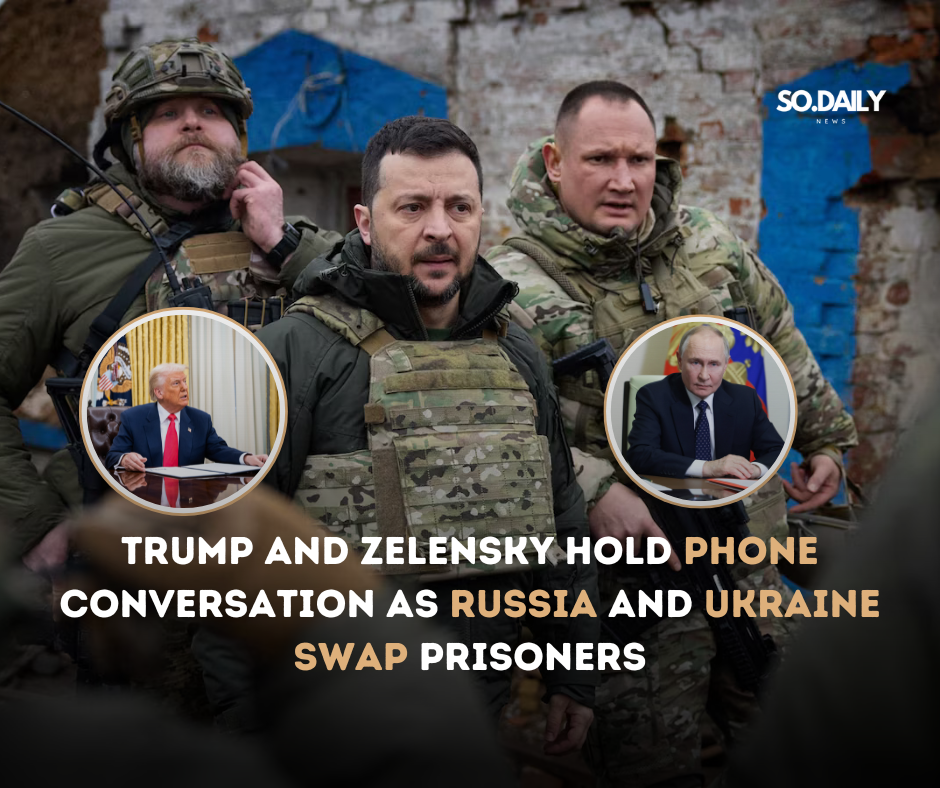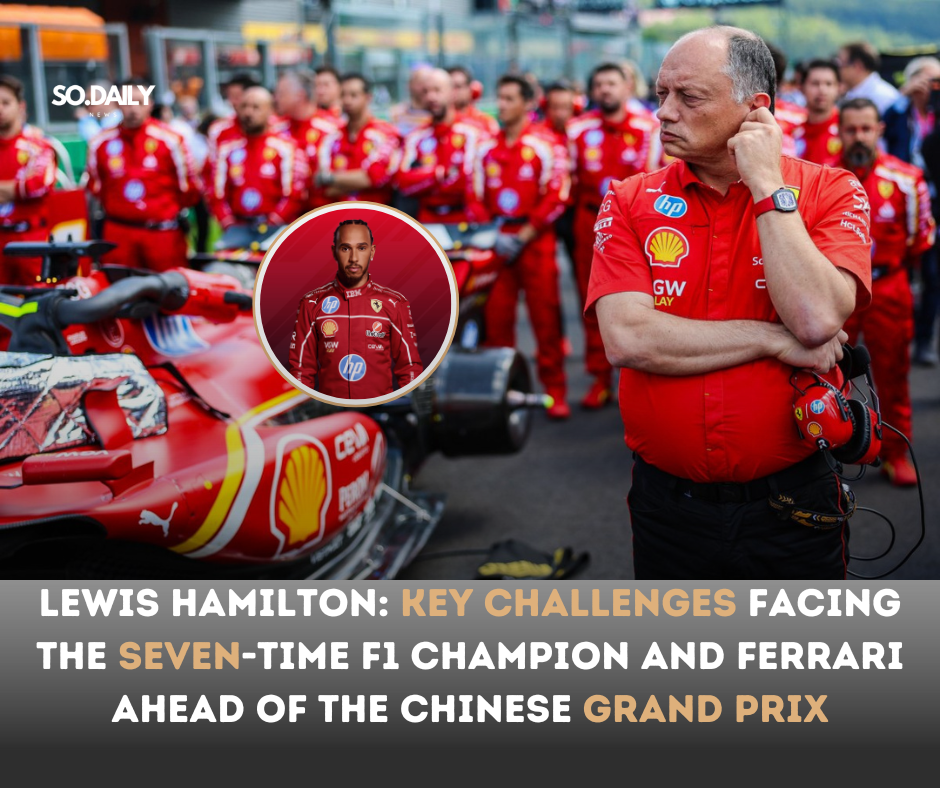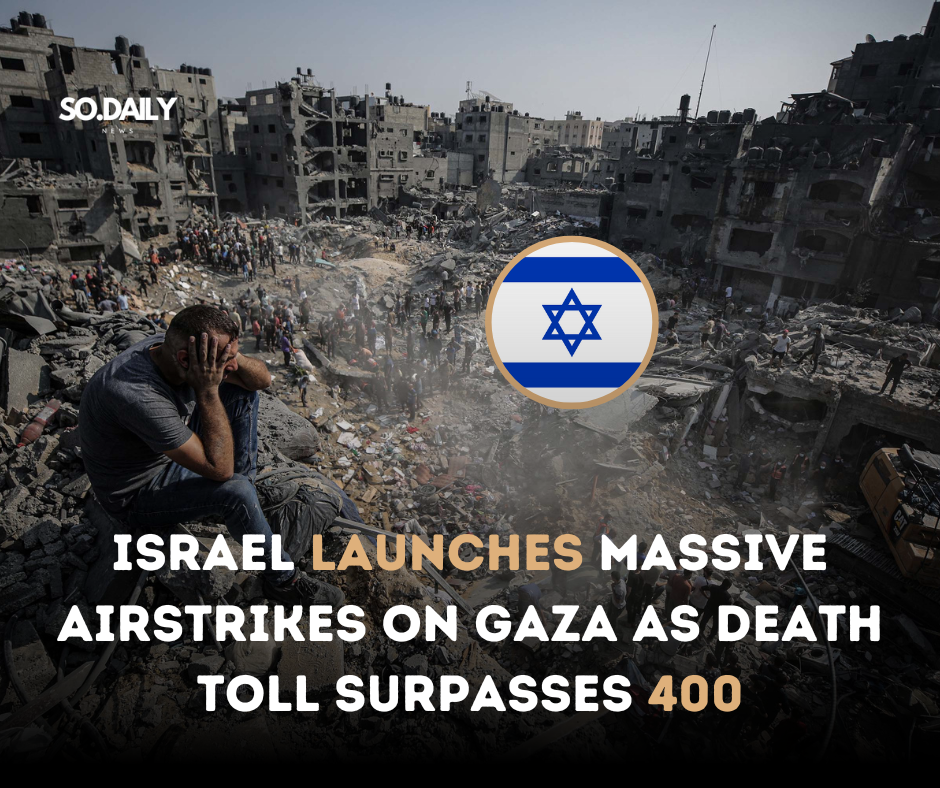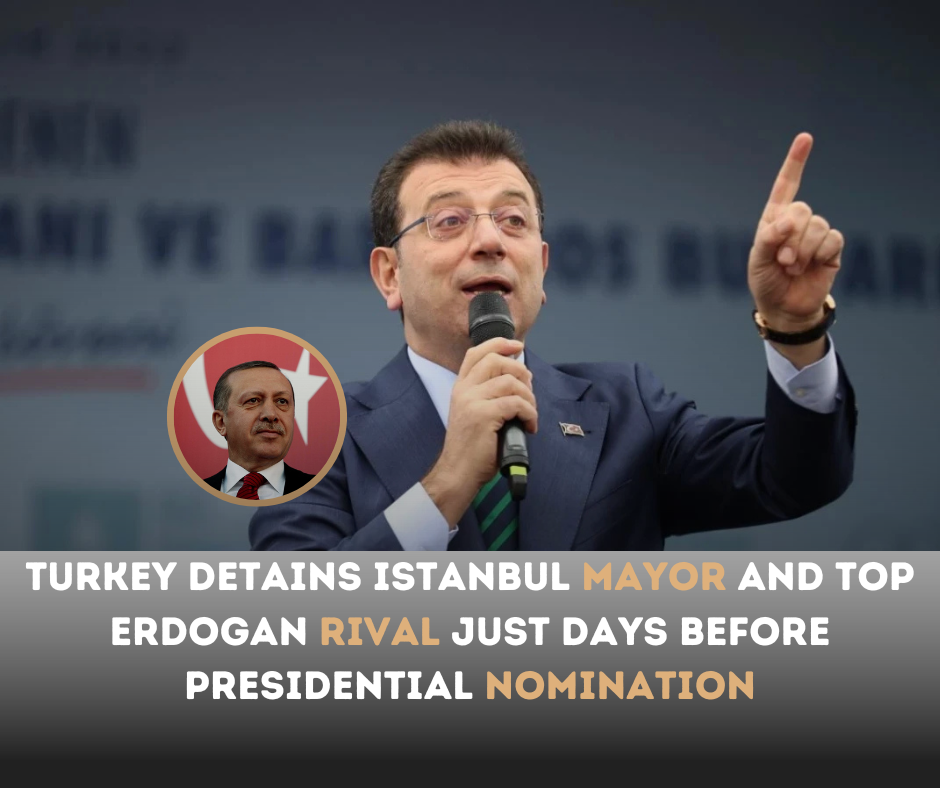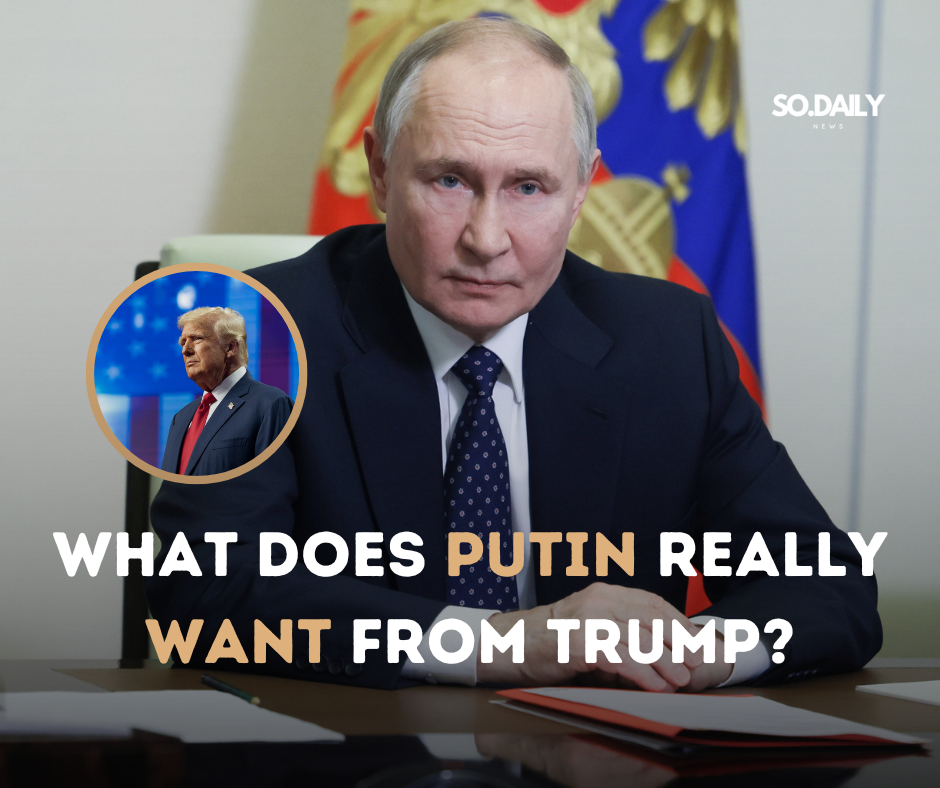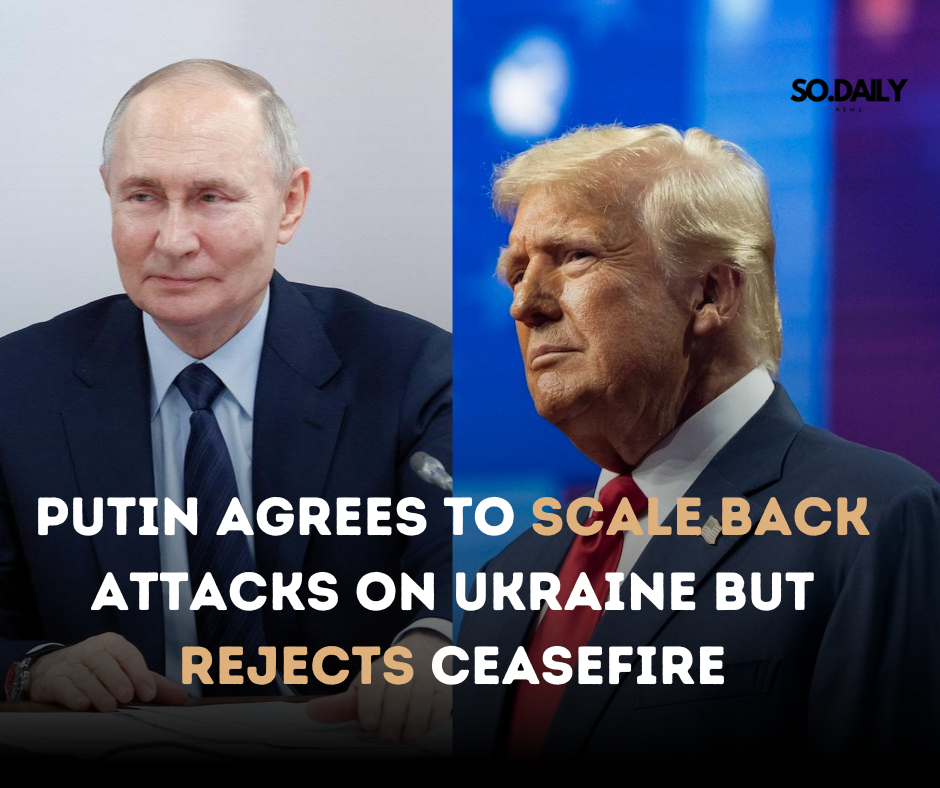Tesla’s stock has been facing a sharp decline, dropping more than 40% since the beginning of the year. This downturn has alarmed investors and raised concerns about the company’s future direction. Once a dominant force in the electric vehicle (EV) industry, Tesla is now encountering increasing challenges from competitors, regulatory hurdles, and growing skepticism about its long-term growth strategy.
The declining stock price has also had a significant impact on Elon Musk, whose personal wealth is heavily tied to Tesla’s market performance. The billionaire entrepreneur, once the world’s richest person, has seen a major hit to his net worth as Tesla shares continue to tumble. Analysts and investors are now questioning whether the gravity of the situation is finally catching up to Musk, who has remained a polarizing figure in the business world.
What’s Behind Tesla’s Stock Decline?
1. Rising Competition in the EV Market
For years, Tesla enjoyed a near-monopoly in the electric vehicle sector, but those days are long gone. Automakers worldwide, including legacy giants like Ford, General Motors, and Volkswagen, have ramped up their EV production, offering more affordable and technologically advanced alternatives to Tesla’s lineup.
However, one of the biggest threats to Tesla’s dominance comes from China’s BYD, which has recently introduced an ultra-fast charger that can fully charge a vehicle in just five minutes. This technological breakthrough challenges Tesla’s charging infrastructure and could attract more consumers to BYD and other Chinese manufacturers. As Tesla loses market share, investors are becoming increasingly wary of its ability to maintain its competitive edge.
2. Wall Street’s Growing Skepticism
Financial analysts have also raised concerns about Tesla’s long-term prospects. Some major investment firms have recently slashed their price targets for Tesla stock, citing concerns over slowing growth, production challenges, and potential weaknesses in the company’s self-driving technology.
One of the biggest issues analysts have pointed out is Tesla’s ambitious push for full self-driving technology and robotaxi services. While Musk has long touted self-driving as the future of the company, Tesla has struggled to bring the technology to market in a way that satisfies regulators and the public. Skeptics argue that Tesla’s promises about autonomous driving remain overly optimistic and may not materialize as quickly as the company claims.
3. Elon Musk’s Political Controversies
Elon Musk’s increasing involvement in politics has also raised concerns among Tesla investors. His vocal support for controversial political figures, along with his participation in the newly created Department of Government Efficiency (DOGE), has alienated some consumers and investors.
Musk’s outspoken nature has resulted in boycotts and protests, particularly in international markets where Tesla has historically performed well. Some customers who once admired Musk’s vision for a sustainable future are now distancing themselves from Tesla due to his political affiliations. This shift in consumer sentiment could have long-term consequences for Tesla’s brand image and sales performance.
4. Declining Global Sales
Tesla is also facing declining sales in key international markets, including China and Europe. In China, government subsidies for EVs are being scaled back, and domestic automakers like BYD are gaining traction with more affordable options. Meanwhile, in Europe, Tesla has struggled with logistics issues and an increasingly competitive market, where brands like Mercedes, BMW, and Volkswagen have launched their own high-performance electric vehicles.
At the same time, Tesla’s vehicles have been criticized for quality control issues, including inconsistent build quality and software malfunctions. Consumers who were once willing to overlook these problems due to Tesla’s early innovation now have more choices, making it harder for Tesla to justify its premium pricing.
The Impact on Musk’s Wealth
Elon Musk’s personal fortune has taken a significant hit as Tesla stock continues to slide. Reports suggest that Musk has lost over $100 billion in net worth this year alone, making this one of the most significant declines in his financial history. While Musk has repeatedly downplayed concerns about stock performance, the sharp drop in Tesla’s valuation is undeniable.
Musk’s wealth is heavily tied to Tesla’s stock price, as he owns a significant portion of the company. As a result, any major fluctuations in Tesla’s market value directly impact his financial standing. While he remains one of the world’s richest individuals, the ongoing decline in Tesla’s stock has raised questions about his ability to maintain his wealth and influence at the same level.
Despite the stock downturn, many Tesla employees remain optimistic about the company’s future. Internal reports suggest that workers at Tesla are largely unfazed by the stock price fluctuations, instead focusing on product development and technological advancements.
However, there is growing concern about employee morale, especially as Tesla has implemented cost-cutting measures, including layoffs and hiring freezes. If Tesla continues to struggle, there could be more significant impacts on employee retention and company culture.
Can Tesla Bounce Back?
While Tesla is facing serious challenges, the company still has strengths that could help it recover. It remains a leader in EV battery technology, and its brand recognition is one of the strongest in the automotive industry. Tesla’s Supercharger network is also a major advantage, offering one of the most extensive and reliable charging infrastructures in the world.
Additionally, Tesla’s upcoming vehicle models, including the Cybertruck and next-generation Roadster, have the potential to reignite consumer interest and boost sales. The company is also pushing ahead with innovations in artificial intelligence, energy storage, and robotics, which could open up new revenue streams in the future.
However, for Tesla to regain investor confidence, it will need to address its production issues, clarify its strategy for self-driving technology, and manage the increasing competition from both established automakers and rising Chinese EV brands.
